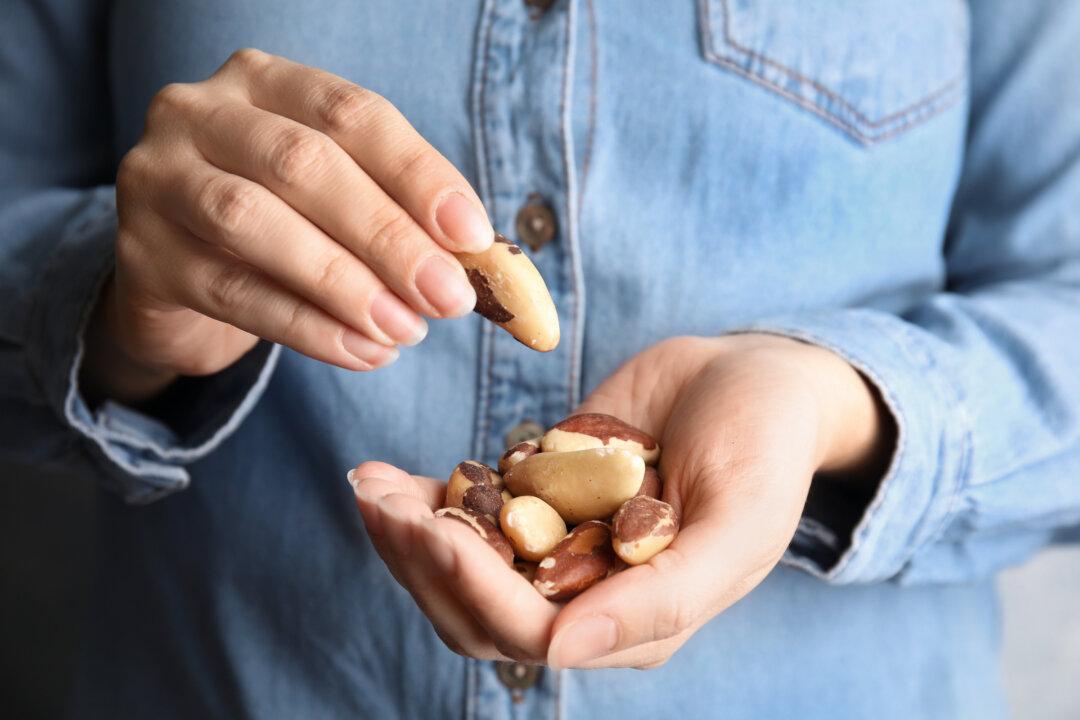It’s possible you don’t have the energy, libido, or mood you used to. There can be several reasons, but one may have to do with dropping testosterone.
Testosterone is a hormone found in all humans. However, it plays a far more prominent role in men than women. It plays a role in sex drive, bone and muscle mass, fat storage, and red blood cell production. It may also affect a man’s mood.
Testosterone typically peaks in a man’s 20s or early 30s before it starts tapering off slowly over time. But everybody’s baseline testosterone level is different. Some men are born with a lot of testosterone, while others are born with less. “Normal” testosterone can be anywhere from 280 to 1,100 nanograms per deciliter (ng/dL), which is a huge range.
So, somebody who has 1,100 ng/dL may feel it a lot more if levels get to 950 ng/dL than someone who starts with 500 ng/dL and sees it drop to 100 ng/dL. The difference may be more pronounced.




